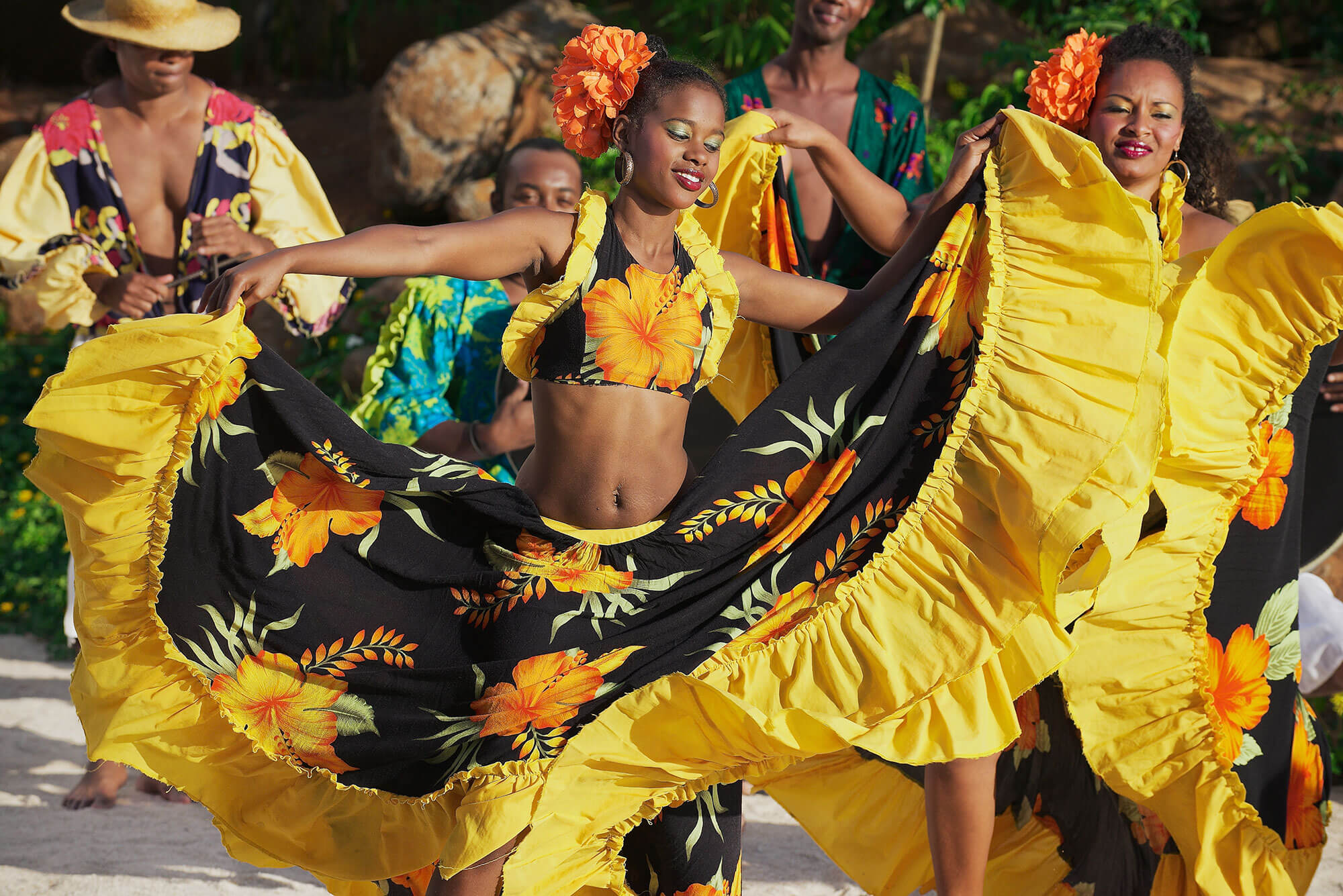Advertisement
Creole cultures, which evolved in many countries with a colonial past, are increasingly recognising that they have more similarities than differences with their many counterparts all over the world. In fact, Creole culture almost transcends borders.
Creole communities all over the world
Creole culture is the real-world manifestation of the ‘melting pot’ concept that countries like the USA celebrate. Some of the most notable (as in well known and well documented) Creole cultures in the world are in the Caribbean and – of course – Louisiana, as epitomised in New Orleans. But there are also interesting Creole cultures much closer to home – Mauritius, Seychelles and Cape Town.
Creole culture is defined mostly by language, but it also invariably includes a vibrant music and dance aspect, as well as a delicious home-grown fusion-style cuisine. Creole, as a language, consists of an interesting mix of indigenous and imported languages, usually influenced by at least one European language – most often French, English, Portuguese or Spanish, but also Dutch. In fact, Afrikaans – or more accurately Afrikaaps, or Gamtaal – is a Creole language and, in 2017, a group of Klopse attended the International Creole Festival in Seychelles. (Afrikaans, if spoken clearly and slowly, could be understood in the Netherlands, but Afrikaaps probably not.)
Advertisement
There is a fascinating Creole community in the continental USA centred mostly around New Orleans in Louisiana. While they are often confused with the Cajuns of the same region, Creoles are very different ethnically, and their languages differ significantly, with Cajuns speaking a dialect of French that could be understood by most French-speaking people.
Creole food
Creole cuisine is the original fusion food. Think of Cape Malay curries and koesisters in Cape Town. Mauritius has a particularly delicious Creole cuisine, combined as it is with fabulously fresh seafood, a range of delicious tropical fruits, and a host of exotic spices grown on the island – in fact, it was the pursuit of spice that stimulated the colonisation of the island in the first place. And in the USA, it’s centred around New Orleans in Louisiana, where there is a large Creole population. As already mentioned, many people confuse Cajuns and Creoles, but they are basically different populations – although there is a spectacular overlap in their cuisines, with both having versions of classic dishes like ‘jambalaya, crawfish pie and file gumbo’.
Creole music and dance
Cape Town’s Kaapse Klopse have a classically Creole style of music and dance, celebrating the rich – and painful – heritage of its proponents. In Mauritius, the Sega, too, celebrates the vibrancy of contemporary Creole culture, but with an undertone of sorrow that dates back to the days of slavery. But probably the most enduring and flourishing example of Creole music has to be Jazz. Perhaps it’s not entirely accurate to call it a Creole music style, but the Creole influence is undeniable.
The lessons from Creole culture
Whether you are staying put right here, or emigrating to some exotic location, you can learn so much from Creole culture. Creole culture is about taking the best of a bunch of disparate cultures and fusing them into a harmonious whole. It’s about tolerance – think of the many religions that coexist peacefully in Mauritius – and acceptance. So, whether you are moving to a country that is predominantly Creole, like Mauritius, one that has a small but vibrant Creole community, like the USA, or even one that has no Creole culture all, incorporating some aspects of Creole culture in your life can only benefit you.



